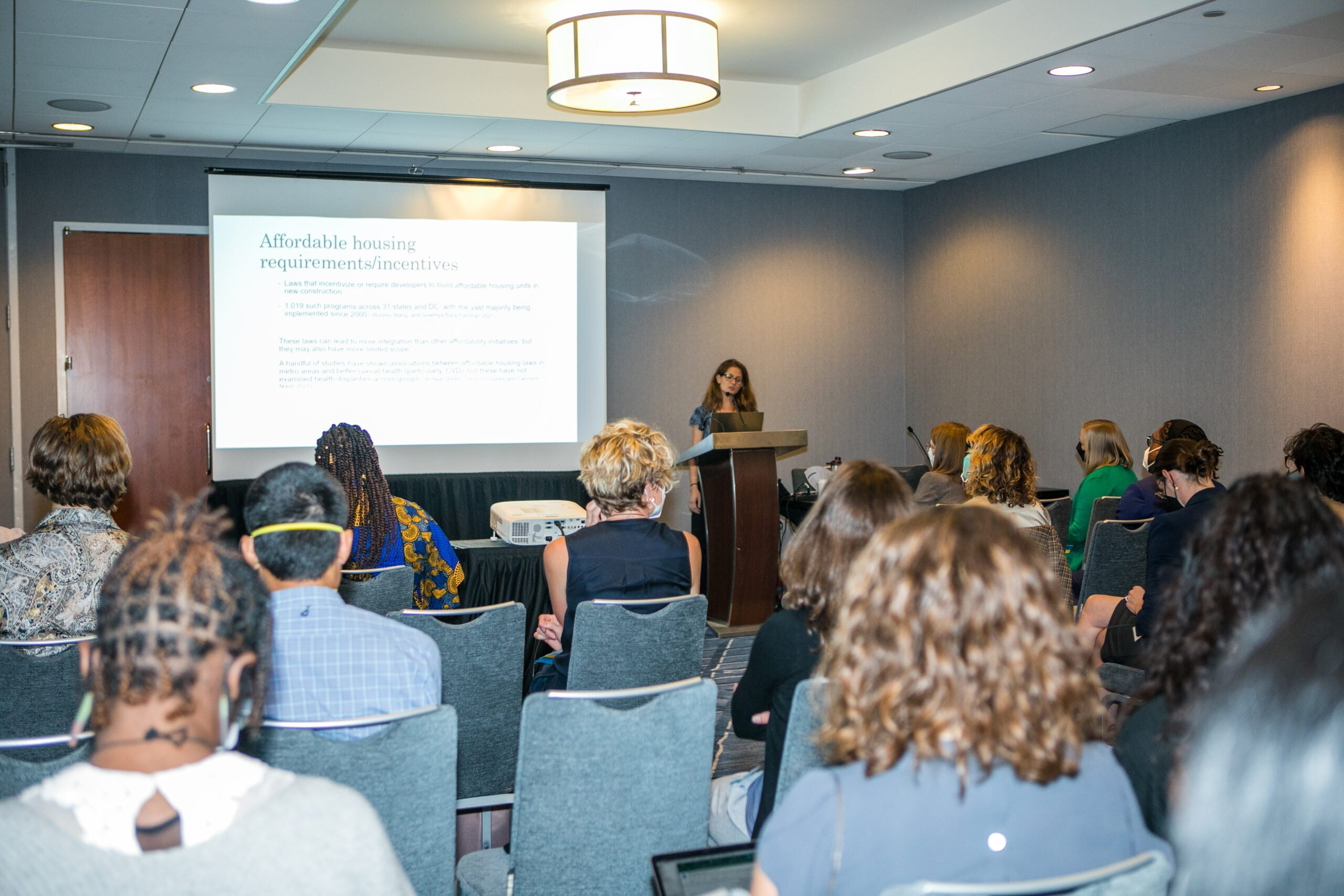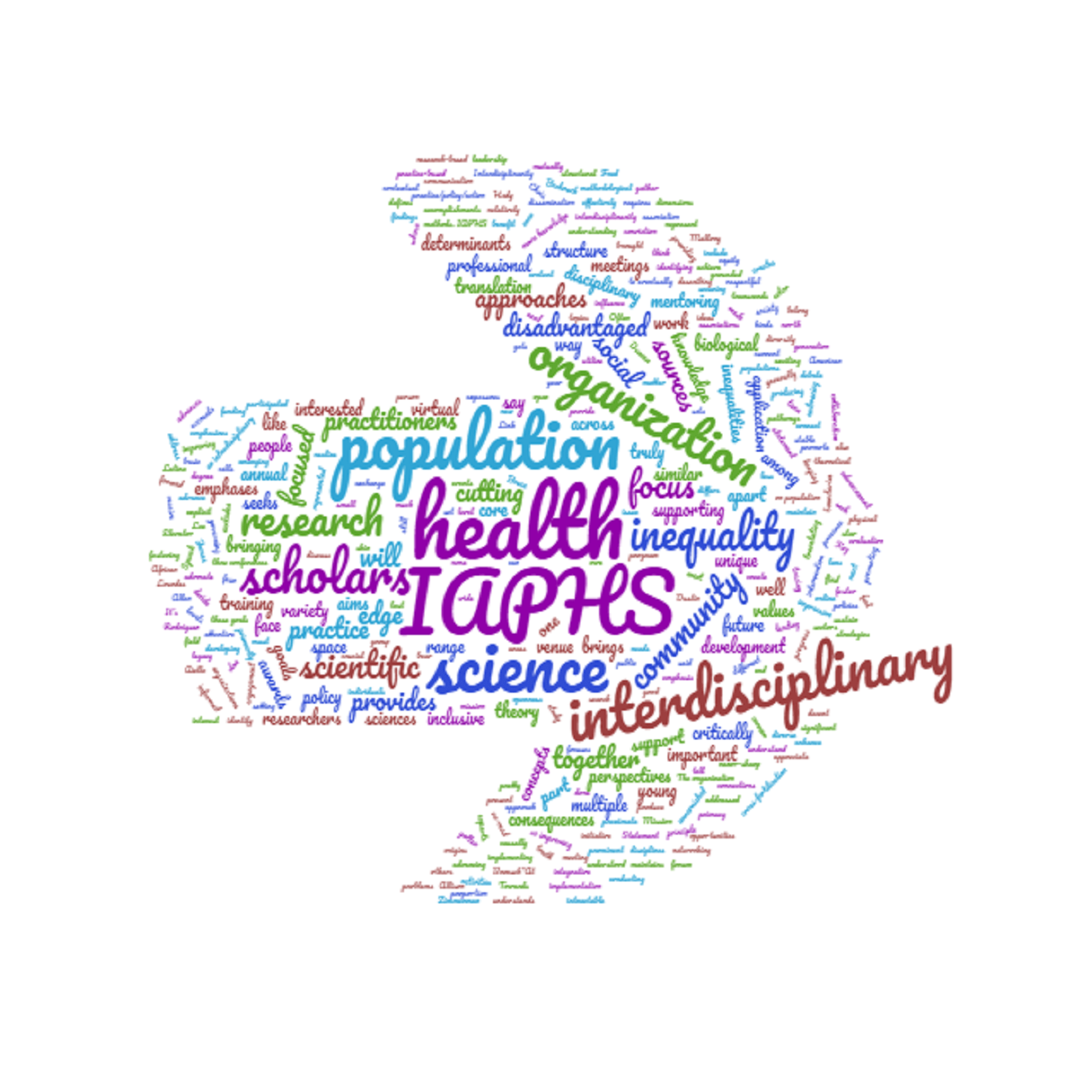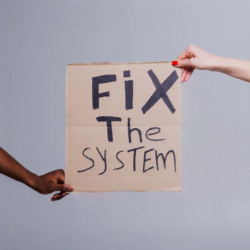Improving the Health of Populations through Science and Innovation
Population health science requires scientists from different disciplinary backgrounds to combine their knowledge and expertise to answer questions that individual disciplines alone cannot. The Interdisciplinary Association for Population Health Science (IAPHS) was founded to bring them all together. Learn More | Donate | Join
JOIN IAPHS
Ready to join a diverse, talented set of colleagues in tackling some of population health’s most important problems? Become a member of IAPHS!
IAPHS CONFERENCE
The 2025 IAPHS Conference, “Community Engagement in Population Health Science” will take place on September 8-11, 2025 in Pittsburgh, Pennsylvania.
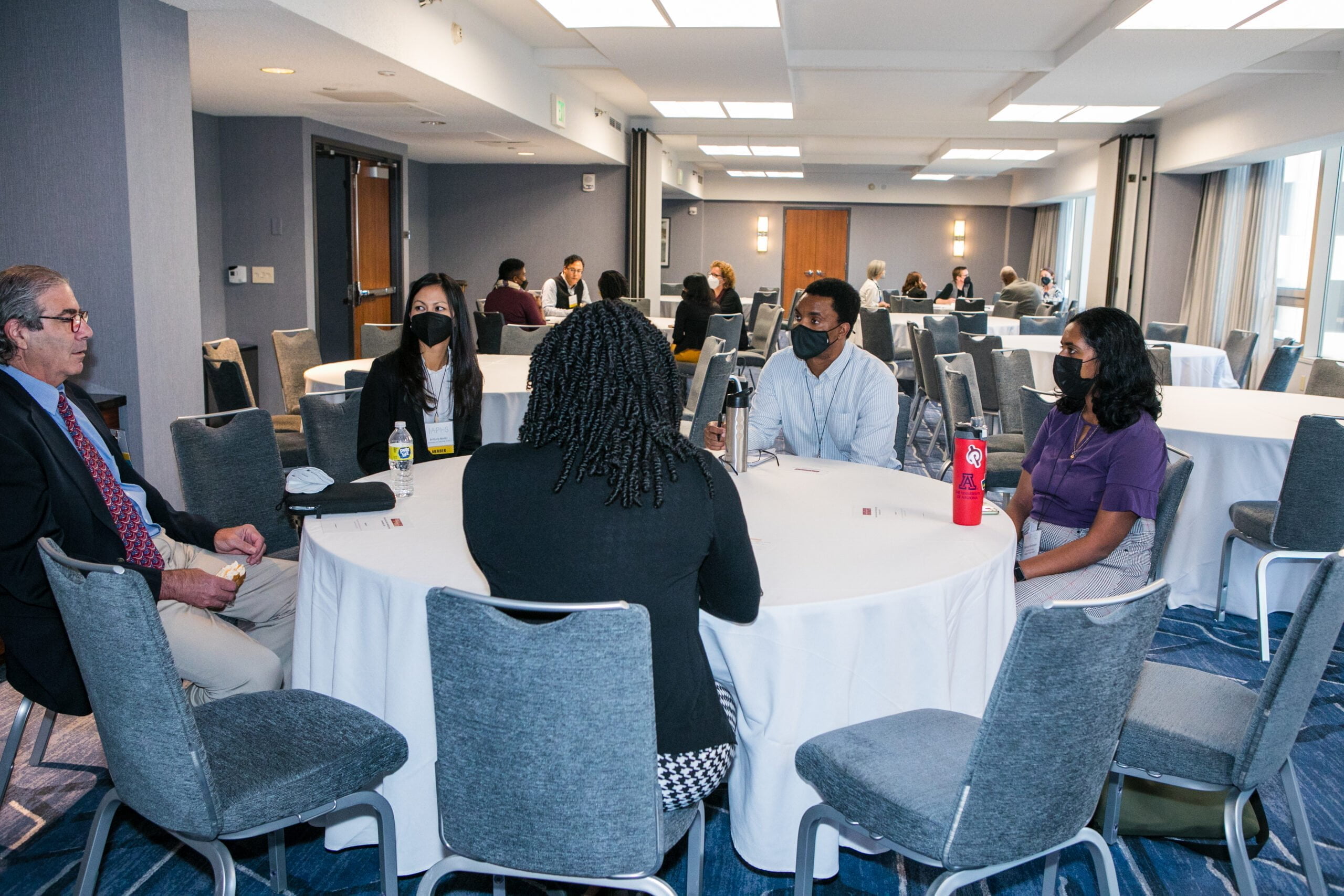
ONLINE EVENTS
IAPHS is pleased to offer online events throughout the year. In most cases, the online events will be recorded and available to IAPHS members to access.
Social Determinants of Health
“Of all the forms of inequality, injustice in health is the most shocking and inhuman….” –Martin Luther King Jr., March 1966
How long you live and how healthy you are depend in part on your race or ethnicity, your income, and even your ZIP code. In New York City, East Harlem residents live an average of 71 years, while those a few blocks away in the Upper East Side live to almost 90.
American health disparities reflect both current and historical inequalities. Systemic racism, environmental injustice, and economic disenfranchisement mean that health and longevity aren’t equally obtainable for everyone.
IAPHS believes that with interdisciplinary population health research and evidence-based policy, we can reduce disparities and improve health for everyone.

Worker Health and Safety: An Interview with Jordan Barab
In today’s climate of deregulation and budget cuts, what can be done about worker health and safety?
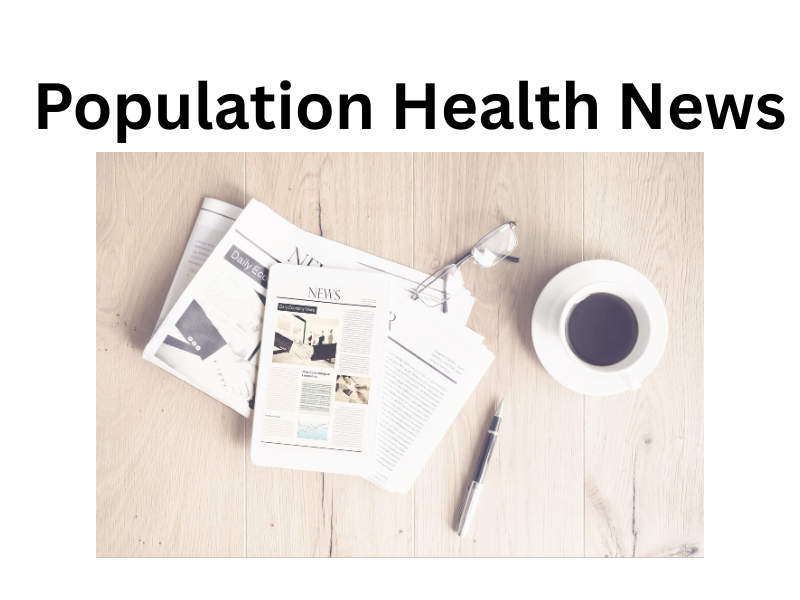
Population Health News, December 2025
Disproportionate rates of violence, environmental health in Philadelphia and Boston, where ACA premium increases will hurt the most, and more population health news.
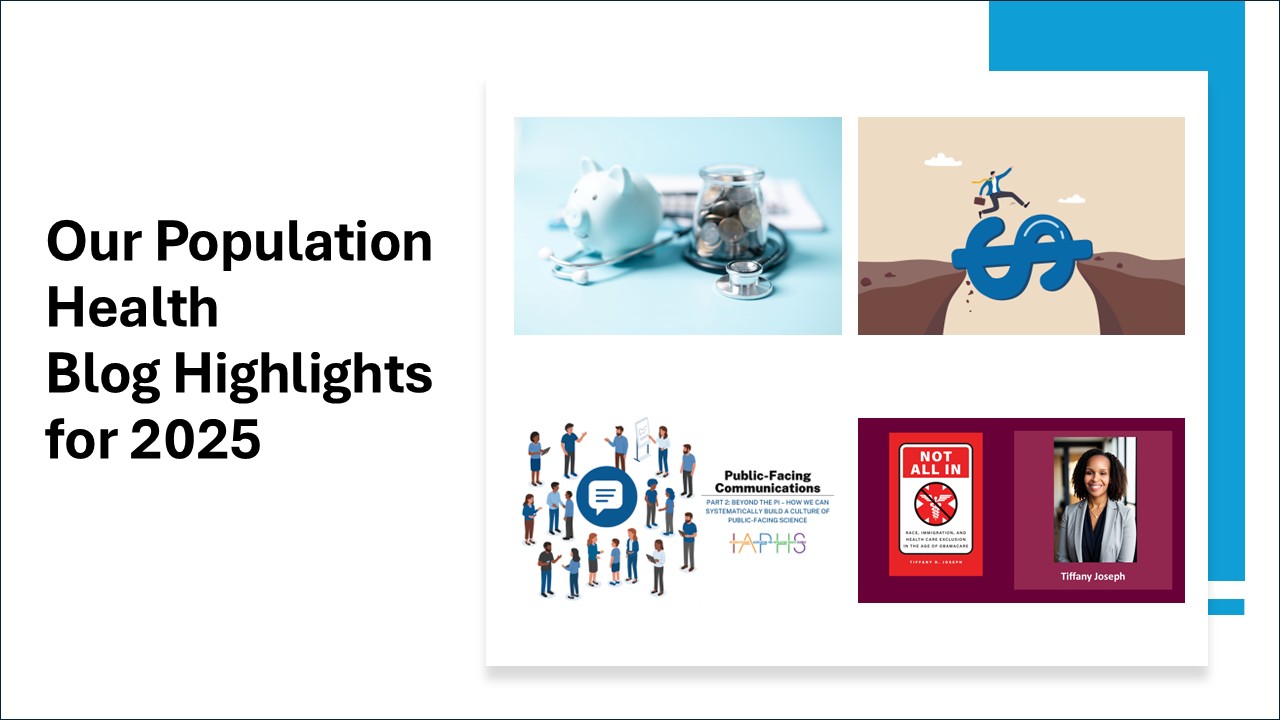

Population Health News, November 2025
The public health effects of SNAP benefit cuts, primordial health prevention, lead pipes, and more population health news.

